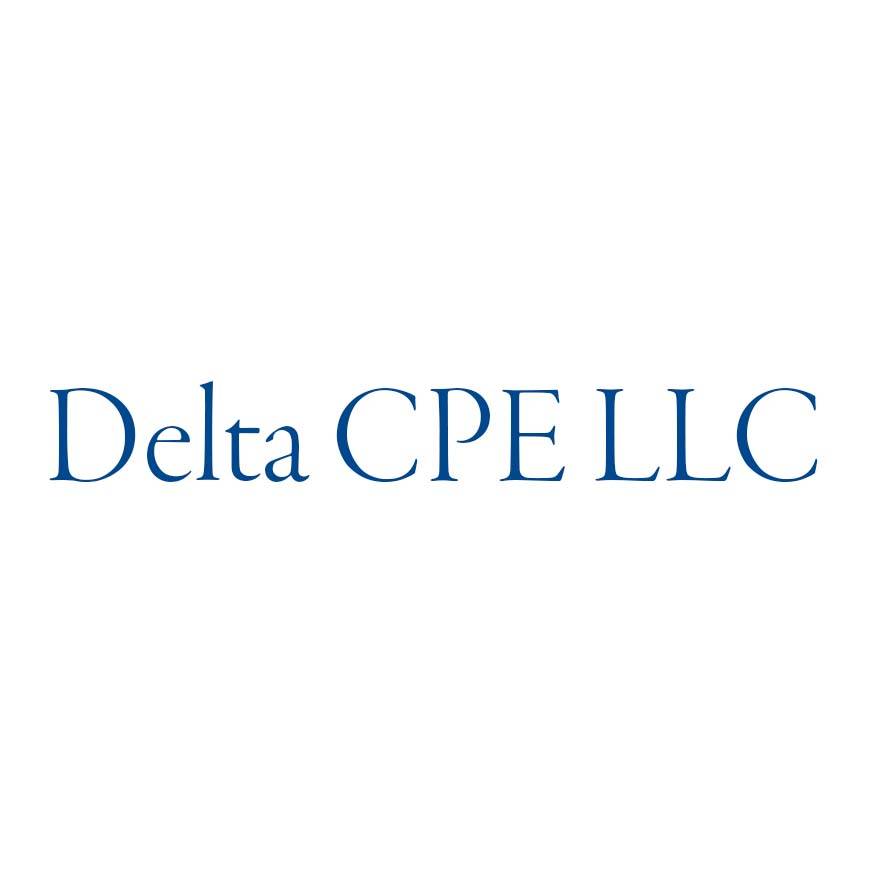Self-Study
Financial Essentials for NonProfit Managers
Master nonprofit financial management, from liquidity and controls to program evaluation. Gain tools to guide strategic decisions and strengthen organizational sustainability.

$336.00 – $376.00
Webcasts are available for viewing Monday – Saturday, 8am – 8pm ET.
Without FlexCast, you must start with enough time to finish. (1 Hr/Credit)
Please fill out the form below and we will reach out as soon as possible.
CPE Credits
12 Credits: Finance
Course Level
Intermediate
Format
Self-Study
Course Description
Managing a nonprofit organization (NPO) effectively is a multifaceted challenge, particularly when it comes to financial matters. Often, NPO managers may lack financial expertise or focus intensely on welfare objectives and fundraising, at the expense of operational efficiency and cost controls. This accounting for nonprofits course is designed to bridge this gap, providing essential financial guidance tailored specifically for NPOs. Through this nonprofit accounting course, participants will learn to navigate critical financial questions that are pivotal for the health and success of any nonprofit organization. These include understanding profit and loss dynamics, assessing reserves and liquidity, evaluating internal controls, operating efficiency, budget adherence, program validity, competitive standing, and rational prioritizing of programs and activities. By addressing these key areas, the nonprofit CPE course empowers NPO managers and financial officers to make informed decisions, optimize operations, and ensure the financial sustainability of their organizations.
Learning Objectives
After studying this course, you will be able to:
Chapter 1
- Recognize financing options available to NPOs;
- Identify different cost types and classification for NPOs; and
- Recognize costs that are relevant to nonprofit decision making.
Chapter 2
- Recognize the accounting method used by NPOs;
- Identify the processes of budget recording and accountability;
- Distinguish between a contribution and an exchange transaction; and
- Distinguishing between conditional and unconditional contributions.
Chapter 3
- Identify the concepts answered by Cost-Volume-Revenue (CVR) analysis;
- Differentiate among the methods to analyze financial statements; and
- Recognize components of the break‑even analysis.
Chapter 4
- Recognize different examples of trend analysis; and
- Identify objectives in analyzing the statement of activities and different performance measures.
Chapter 5
- Identify different examples of qualitative and quantitative forecasting methodology.
Chapter 6
- Identify the various types of budgets; and
- Recognize the characteristics of different budgets and how to measure their effectiveness.
Chapter 7
- Recognize the elements and characteristics of Zero Base Budgeting (ZBB); and
- Identify the characteristics and the time considerations of program budgeting process.
Chapter 8
- Identify how cost behavior and varianceanalysis can assist with the budgeting process; and
- Calculate different costs and variances for the budgeting process.
Chapter 9
- Recognize use of mission centersand service centers for NPOs;
- Identify the role of the contribution approach to cost allocation for measuring performance of responsibility centers; and
- Recognize how cost allocations can affect performance metrics for managerial control.
Chapter 10
- Calculate costs associated with different sources financing;
- Estimate future NPO budgets based on past donations;
- Differentiate between fixed, variable and semi-variable costs; and
- Calculate the cost of long-term debt financing.
Chapter 11
- Identify examples of the various cash models available;
- Recognize costs that impact working capital;
- Differentiate between investment objectives; and
- Identify different financial instruments available for investing surplus funds.
Chapter 12
- Recognize the purpose for allocating service center costs to mission centers;
- Differentiate among cost allocation techniques using the direct method, step-down (two-stage) method, and reciprocal method; and
- Identify the benefits of activity-based costing (ABC) and some factors that can be used in ABC.
Chapter 13
- Compute the present values and pay-back periods in a make or buy decision; and
- Identify different types of investment instruments and financial models.
Course Specifics
323328738
May 1, 2023
There are no prerequisites.
None
301
Compliance Information
CMA Notice: Western CPE makes every attempt to maintain our CMA CPE library, to ensure a course meets your continuing education requirements please visit Insitute of Management Accountants (IMA)
CFP Notice: Not all courses that qualify for CFP® credit are registered by Western CPE. If a course does not have a CFP registration number in the compliance section, the continuing education will need to be individually reported with the CFP Board. For more information on the reporting process, required documentation, processing fee, etc., contact the CFP Board. CFP Professionals must take each course in it’s entirety, the CFP Board DOES NOT accept partial credits for courses.
Meet The Experts

For many years, Delta CPE LLC has offered a wide variety of continuing education courses for financial professionals. Topics covered by Delta’s courses include accounting, financial management, budgeting, investments, financial statement reporting, business management, IFRS, ethics, valuations, real estate, and business writing. The diversity and breadth of Delta’s course offerings make the company a prolific and unique contributor to the CPE world. Delta’s well-credentialed authors and contributors have also been published in numerous academic and professional journals and quoted by some of the leading financial media outlets.
Related Courses
-
 Finance
Finance
The CFO Guidebook
Steven M. Bragg, CPA QAS Self-Study
Credits: 22 $440.00
QAS Self-Study
Credits: 22 $440.00$440.00 – $480.00
-
 Finance
Finance
Real Estate Financing and Investment
Delta CPE LLC QAS Self-Study
Credits: 4 $116.00
QAS Self-Study
Credits: 4 $116.00$116.00 – $136.00
-
 Finance
Finance
Personal Financial Planning for Accountants
Delta CPE LLC QAS Self-Study
Credits: 17 $391.00
QAS Self-Study
Credits: 17 $391.00$391.00 – $431.00
